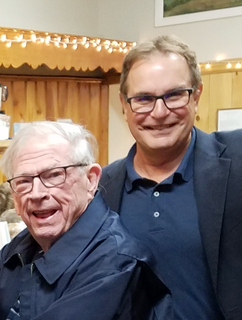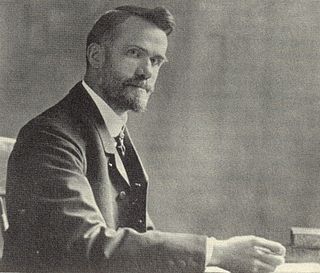A Quote by R. D. Laing
Our capacity to think, except in the service of what we are dangerously deluded in supposing is our self-interest and in conformity with common sense, is pitifully limited: our capacity even to see, hear, touch, taste and smell is so shrouded in veils of mystification that an intensive discipline of unlearning is necessary for anyone before one can begin to experience the world afresh, with innocence, truth and love.
Quote Topics
And Love
Anyone
Before
Begin
Capacity
Common
Common Sense
Conformity
Dangerously
Deluded
Discipline
Even
Except
Experience
Hear
Innocence
Intensive
Interest
Limited
Love
Necessary
Our
See
Self
Self-Interest
Sense
Service
Smell
Supposing
Taste
Taste And Smell
Think
Touch
Truth
Truth And Love
Veils
World
Related Quotes
It could be argued that all leadership is appreciative leadership. It’s the capacity to see the best in the world around us, in our colleagues, and in the groups we are trying to lead. It’s the capacity to see the most creative and improbable opportunities in the marketplace. It’s the capacity to see with an appreciative eye the true and the good, the better and the possible.
One of the issues that I have raised in that context is our transport system, road, rail and ports. We have raised this before, that the South African economy has grown at a rate that has overtaken the capacity of the transport system. And therefore, we have said that it is necessary to expand our capacity in the ports.
The continuous disasters of man's history are mainly due to his excessive capacity and urge to become identified with a tribe, nation, church or cause, and to espouse its credo uncritically and enthusiastically, even if its tenets are contrary to reason, devoid of self-interest and detrimental to the claims of self-preservation.We are thus driven to the unfashionable conclusion that the trouble with our species is not an excess of aggression, but an excess capacity for fanatical devotion.
God, we thank you for this earth, our homes; for the wide sky and the blessed sun, for the salt sea and the running water, for the everlasting hills and the never resting winds, for trees and the common grass underfoot. We thank you for our senses by which we hear the songs of birds, and see the splendor of the summer fields, and taste of the autumn fruits, and rejoice in the feel of the snow, and smell the breath of the spring. Grant us a heart wide open to all this beauty; and save our souls from being so blind that we pass unseeing when even the common thorn bush is aflame with your glory.
Perhaps we can only truly serve those we are willing to touch, not only with our hands but with our hearts and even our souls. Professionalism has embedded in service a sense of difference, a certain distance. But on the deepest level, service is an experience of belonging, an experience of connection to others and to the word around us. It is this connection that gives us the power to bless the life in others. Without it, the life in them would not respond to us.
Some might say that looking inside of ourselves for spiritual truths is egocentric and selfish, and that egolessness and selflessness lie in working for others in the world. But until we find our inner truth, our work in the world will always revolve around our 'selves'. As long as we think about the world in terms of 'self' and 'others', our actions will be selfish. Our 'self' follows us wherever we go, so positive results will be limited.
Self-absorption in all its forms kills empathy, let alone compassion. When we focus on ourselves, our world contracts as our problems and preoccupations loom large. But when we focus on others, our world expands. Our own problems drift to the periphery of the mind and so seem smaller, and we increase our capacity for connection - or compassionate action.



































